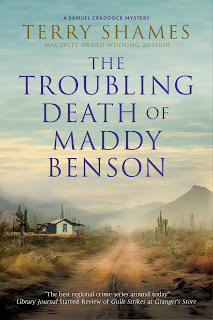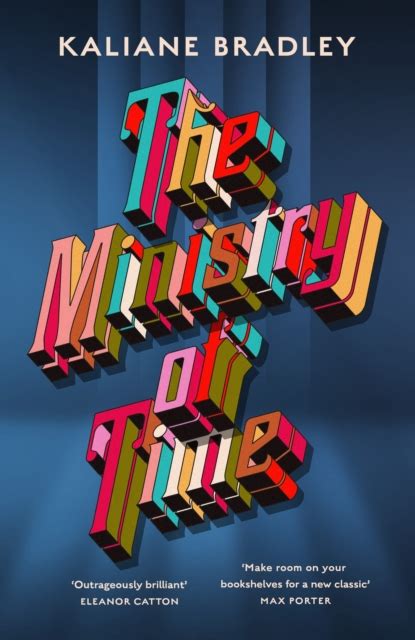Q: What’s your position on ending a sentence with a preposition, grammar others might be afraid of? What non-grammatical writing styles do you firmly support?
A: To prove myself a serious writer I started to google “preposition” but I stopped myself, I guess I’d rather be seen as under educated than be a liar. When I was coming up several writers and a few reviewers asked me how I learned to break grammatical rules so cleanly. It made me embarrassed so I’d go flippant, “breaking grammatical rules is easier than breaking actual laws, no one ever did time for dangling a participle.” I don’t know what it means, but it sounds like I might. Truth is not knowing the rules, but having read a ton of good writing, I know what reads good, and what don’t. Notice I slipped into a rural tone, it disarms people when you sound folksy.
I have two rules, or more like guidelines. If it reads or feels clunky I fix it. And I listen to my editors. If they firmly believe a period would be better than a ellipsis, and I can’t see any harm, then I follow their advice. Making a piece better is way more important than me being right.
Me and Pearce reading at Noir Bar Seattle
Several weeks a go we lost a giant in Pearce Hansen. I need to speak from the heart who he was to me. If you haven't read Street Raised, The Storm Giants, or Stagger Bay read them now. He wrote about pain and violence, fucking things up and trying to set them right. He wrote with brutal honesty. His words gutted me. His death has left a literary hole we will not fill.
In an interview in Crime Fiction Lover Pearce was asked what drew him to write about gritty, gutter-level crime?
“I didn’t choose crime – crime chose me. I wound up pretty feral as a kid, and opted to associate with other feral people – this inevitably led to drugs, crime and violence, all within the milieu of East Bay and Oakland, which any Google search will show is one of the most dangerously crime-ridden urban metroplexes in the country.”
https://crimefictionlover.com/2012/02/interview-pearce-hansen/
When I was putting out the Moses trilogy I connected with Pearce via email. He was a kindred spirit. Our early years had left youthful damage we each could understand in the other. Besides a cult following Pearce never got the “big break out book” we were told we should be writing. He also never compromised his vision. When I was told I was a street writer (a writer who does not have a college degree) it hurt. Then I heard Pearce Hansen was identified that way too, and I became proud of the moniker.
I hope Pearce finds peace in what ever comes next in this deal. If there’s an East Bay version of Valhalla where he can rip it up all day long and type about it all night? That seems like it’d be a good place for him.
While typing I’m listening to Jason Isbell’s Only Children these lines stabbed me in the heart.
Walking around at night
Fighting my appetite
Every kid in cut-offs could be you
Remember when we used to meet
At the bottom of Mobile Street?
And do what the broken people do.
Broken people can spot each other across a crowded street. We write our truth, put it in a bottle, a book, or a song and toss it into the Russian River. And that my dear readers is why it is so damn important that we tell our truth. You never know who will discover your truth just when they need it.
******
What I’m reading now: “The Ministry of Time” By Kaliane Bradley




















